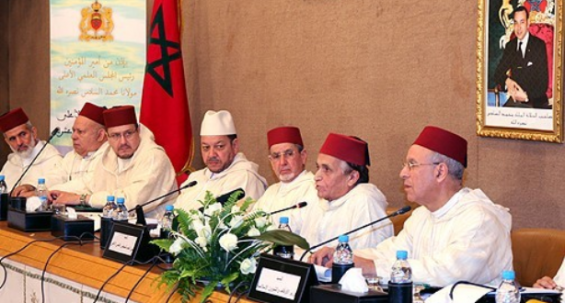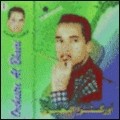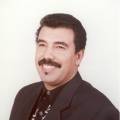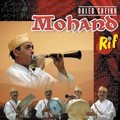Pressured by the Unity and Reform Movement’s conservative members, the Supreme Council of Ulema, the highest religious government institution in Morocco, has finally gave its opinion on the abortion debate and ban in the Kingdom.
The body announced in a statement quoted by state-owned news agency MAP that the provisions of the criminal Code regarding the issue would not be amended «except as required by interest and allows Ijtihad».
In other words, the Council does not intend to definitively close the door to propositions and suggestions that fall within the framework of «Ijtihad», which refers to finding an independent reasoning or through exertion of a jurist’s mental faculty in finding a solution to a legal question.
In its statement, made public Monday, the religious body recalled that «provisions contained in the criminal Code (Chapter VIII, Section I, of article 449 to article 458) are the only reference to the issue of abortion». «The drafting of this law was the result of hard work and consultation, in which several institutions, including the Higher Council of Ulema, took part», it added.
A warning to the President of the Unity and Reform Movement
The Supreme Council of Ulema referred in its statement to the findings of a report conducted by a royal commission created in 2015 by King Mohammed VI. The conclusions of this report were considered outdated by individual freedoms activists in Morocco.
The body also stressed that «no one is entitled to overtake a competent party in such a way as to involve the Higher Council of Ulema in a closed debate, giving the impression that said Council was absent and did not assume its responsibilities, thus exploiting this involvement in a controversy of a political nature».
This might be seen as a warning to the head of the Unity and Reform Movement (MUR), the second largest Islamic movement in Morocco. Indeed, on Thursday 29 November, at a conference held to discuss abortion, MUR’s member Abderrahim Chikhi asked the Council to give its opinion on the debate regarding the legalization of abortion.
By the end of its statement, the religious body stressed that abortion «remains a public matter and the mechanism with which the Council participates in this debate is 'known' and no one can ignore it».
It is worth mentioning that Morocco's Supreme Council of Ulema is headed by King Mohammed VI.




 chargement...
chargement...












